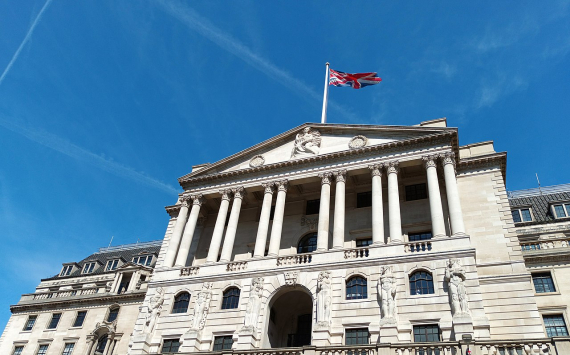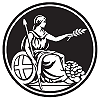
Revamping Predictions
Bank of England's chief economist, Huw Pill, acknowledges forecasting model's failure in addressing Britain's inflation crisis due to inadequate assessment of Ukraine war's impact on prices and wages.
Inadequate Forecasting Model
In a speech at the ECB forum, Pill highlighted that the Bank's model lacked consideration for persistent inflation and the Ukraine conflict's cascading impacts. Inflation expectations were stable and long-lasting inflation was rare in the previous period.
Controversial Interest Rate Hike
The Bank's decision to increase interest rates to a 15-year peak of 5% has drawn scrutiny and criticism. Governor Andrew Bailey defended the move, citing an unexpectedly negative inflation report as justification. However, Tory MPs accused Bailey and his team of negligence as inflation steadily rose in recent years.
External Review and Calls for Change
In response to the interest rate hike and the forecasting model's shortcomings, the Bank announced an external review of its own forecasting practices. Senior Tory MP John Redwood welcomed this review, suggesting that the existing model needs substantial changes. Other senior Tories, including Jacob Rees-Mogg and Sir Jake Berry, continued their criticism, calling for a reevaluation of the Bank's leadership and strategy.
Support and Challenges
Chancellor Rishi Sunak supports Bailey and defends Bank's anti-inflation approach. Sunak could face election pressure if inflation target missed. Chancellor meets regulators for pricing fairness, IMF backs UK's inflation reduction plans.
Regulatory Measures
After the meeting, the Treasury took action to address pricing fairness concerns. The CMA accelerated its fuel pricing review and pledged to investigate supermarket pricing sooner. The Financial Conduct Authority will ensure higher interest rates benefit savers by assessing the savings market. Banks and building societies must explain interest rate strategies and assist savers in switching to higher-rate products.
Bailey's Justification
During the ECB forum, Bailey emphasized that the decision to hike interest rates was justified by higher-than-expected inflation figures, reaching 8.7%. The cumulative data, especially regarding the labor market and inflation, indicated signs of persistence, prompting the Bank to take decisive action.














